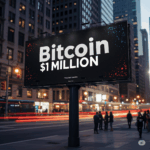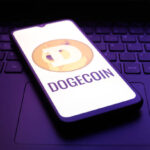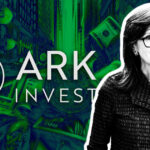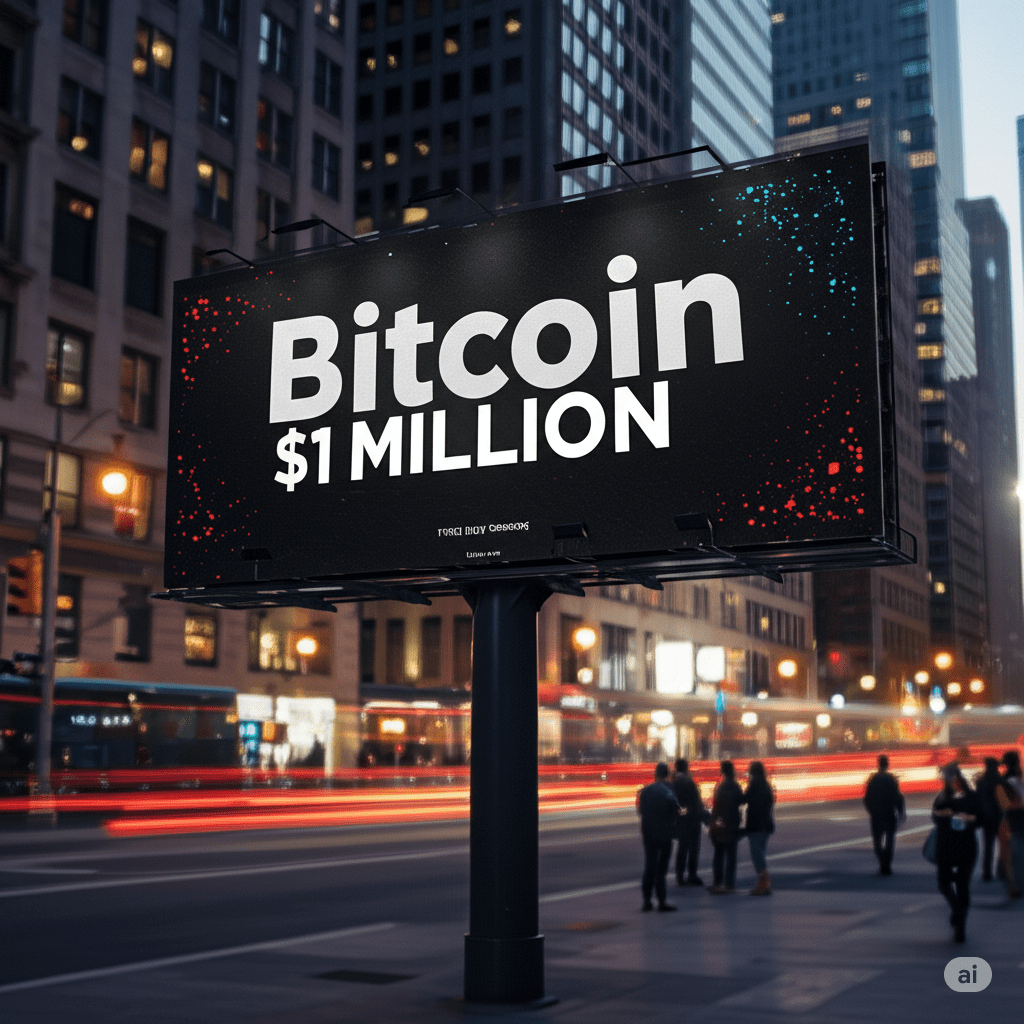
Betting Millions on the New Pope: Polymarket’s Advantage Diminishes
Bettors participating in the blockchain-based prediction platform have recently earned a noteworthy reputation for outperforming traditional bookmakers. However, they faced an unexpected setback when the results of the papal conclave were announced, which contradicted their expectations.
The newly appointed Pope, Robert Francis Prevost, was not among the frontrunners, with participants estimating only a 1% chance that he would take over from Pope Francis before the conclusion of the vote. In contrast, Cardinal Pietro Parolin received the highest estimated odds from bettors, sitting at 28%.
With more than $28 million wagered on candidates other than Prevost, this outcome resulted in significant losses for numerous participants. This incident raises questions about the perceived superior accuracy of betting markets compared to traditional polling methods.
This platform allows individuals to place bets on a wide array of events, spanning from sports matches to political contests. Unlike conventional betting establishments that set odds based on their analyses, this platform offers dynamic pricing that reflects user bets in real time.
Essentially, the pricing for any given outcome increases alongside the volume of interest and backing from participants. In November, the betting platform gained significant attention after its users offered much higher chances for Donald Trump’s victory in the U.S. presidential race compared to other analyses.
A professor of economics remarked that prices on this platform reflected insights from informed investors effectively, suggesting that its bettors had a small edge in predicting the election results. Additionally, a historical analysis indicated that the platform successfully forecasted global events a month in advance with a remarkable accuracy rate of 90%.
The miscalculation regarding the papal conclave’s results can be attributed to the unpredictability of such events, as noted by one of the platform’s prominent anonymous bettors. They likened it to entering a secluded environment where even the participants might struggle to analyze the betting landscape.
Due to the unique nature of this bet, many bettors likely relied on the insights from traditional betting markets and media sources, leading to closely aligned odds with other betting platforms. The infrequency of papal conclaves also contributed to the uncertainty; prior to this event, Pope Francis had been elected in 2013, long before this prediction platform emerged.
Furthermore, many bettors on this platform might not have had past experiences placing bets on papal conclaves, unlike political elections, which occur more regularly and are widely understood. The key to winning in this peculiar betting situation lies not in picking the winner but in betting against candidates whose odds are disproportionately high.
The inflated odds surrounding popular favorites like Parolin and Cardinal Luis Antonio Tagle were attributed to their visibility and media attention, which skewed their perceived chances for success. As one bettor pointed out, the odds for these favorites were unreasonably high without just cause.



















Post Comment